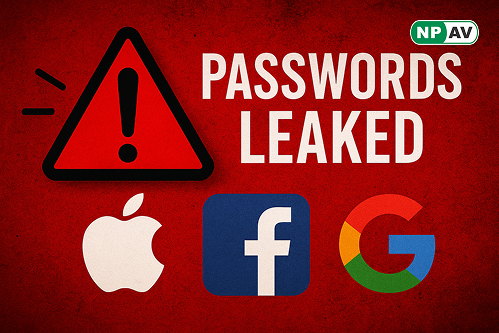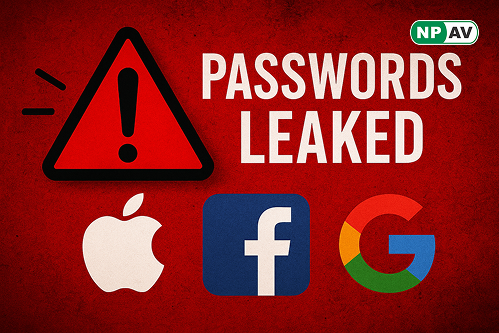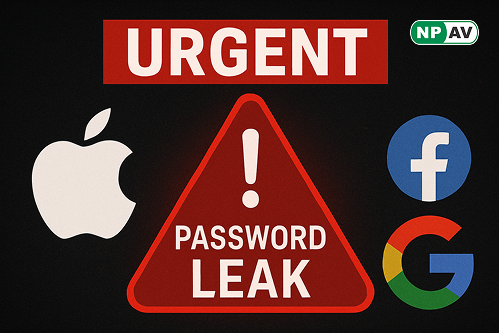Urgent Alert: 16 Billion Apple, Facebook, Google Passwords Leaked—Change Yours Now!

In what experts are calling the largest password leak in history, cybersecurity researchers have uncovered an astonishing 16 billion unique login credentials, including passwords, dumped across massive datasets online. This revelation surpasses the previously reported breach of 184 million credentials from May 2024, prompting security professionals to issue urgent calls for action.
An investigation revealed that these credentials were found in 30 separate exposed datasets, each containing tens of millions to over 3.5 billion records. The newly surfaced databases include login details from popular services such as Facebook, Google, GitHub, Telegram, and even government portals.


Unlike recycled breach data, most of this information is fresh and actionable, representing a significant escalation in digital exposure.
The Role of Infostealers and Cloud Misconfigurations The leak appears to be driven by infostealer malware, which silently harvests login credentials from compromised devices. These infostealers have been quietly feeding cybercriminal networks, and now the results of that data gathering are out in the open.
Additionally, misconfigured cloud environments may be contributing to the exposure, as sensitive data is often unintentionally made public. This leak likely represents only the tip of a much larger iceberg.


Google has already begun urging users to switch to passkeys, a form of passwordless login that is more resistant to phishing and credential stuffing attacks. Meanwhile, enterprises are advised to implement Zero Trust security models, which require strict verification for every user, regardless of location or device.
What You Should Do Now:
Take Control of Your Digital Security Cybersecurity experts emphasize that individual users also play a crucial role in enhancing security. A security awareness advocate urged people to stay vigilant: “Cybersecurity is a shared responsibility. Users must adopt good hygiene: choose strong, unique passwords, avoid reuse, and enable multi-factor authentication wherever possible.”






